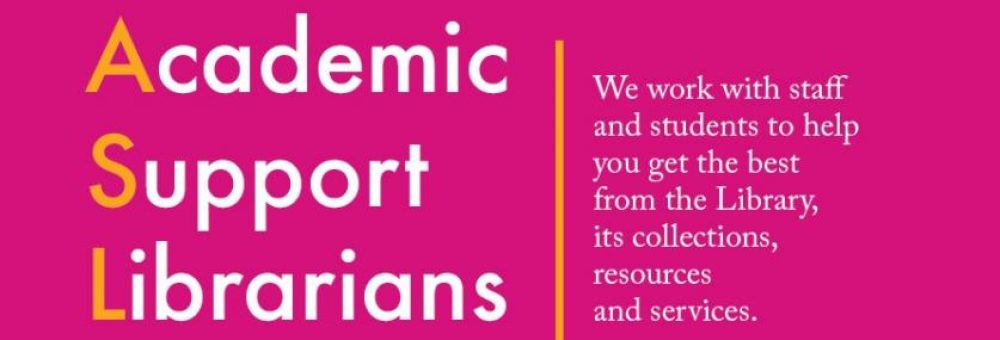On 7 June I attended a CILIPS conference session on Decoloniality and the library: the case at Goldsmiths, University of London, by Marilyn Clarke, Director of Library Services at Goldsmiths, University of London.
Marilyn started off with a quote from Desmond Tutu “If you are neutral in situations of injustice, you have chosen the side of the oppressor.” What can we do as librarians to be more than neutral?
At Goldsmiths, a Liberate our library working group was set up to look at this question. They started out by asking : do students see library spaces, books on the shelves, which looks like them? Do students see themselves when they come into the library?

